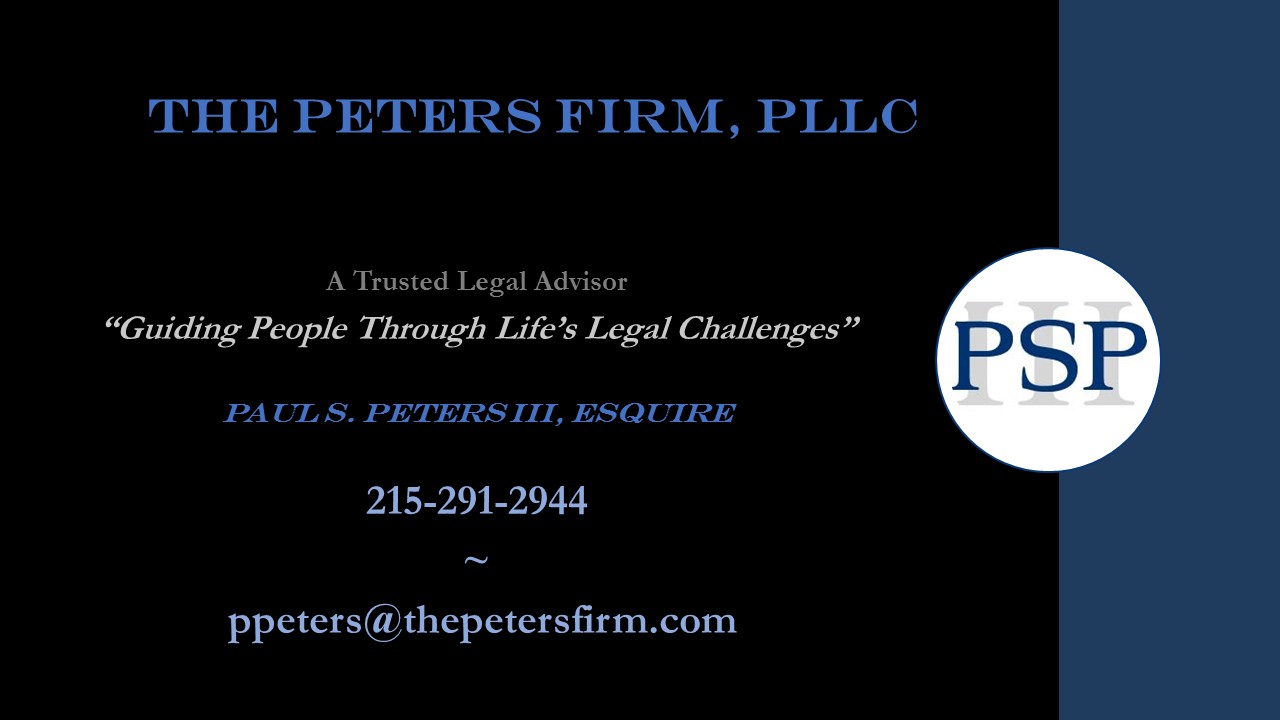
What Happens After I am Arrested in Pennsylvania?
When you are arrested in Pennsylvania, the criminal justice process is mostly the same throughout the state’s counties with some slight differences in Philadelphia and Pittsburgh.
When you are arrested in Pennsylvania, your case is first assigned to a lower court. In all counties except Philadelphia and Pittsburgh, your case goes to a Magisterial Court/Judge; there are 546 Magisterial District Courts in Pennsylvania. In Philadelphia or Pittsburgh, your case goes to the Municipal Court.
CLICK on the County Below for a list of and links to its District Courts
The PENNSYLVANIA Criminal Justice Process:
1. ARREST – at the scene, warrant, or turn-in
a. This is when your Miranda Rights are invoked; however, your Miranda Rights typically become an issue later if you give a statement.
2. PROCESSING/BOOKING – fingerprinted, photographed, collection of personal information may be interrogated
3. BAIL HEARING – when arrested in Pennsylvania you must be presented before a judge within a specific time frame to have your charges explained, determine your status of counsel, and set your bail amount and conditions
4. PRELIMINARY HEARING – this hearing is not your trial and your guilt or innocence is not at issue. There is also no jury and questioning is limited. The District Attorney merely has to show that a crime was committed and you may have been the person who committed it. The reasonable doubt standard does not apply at this hearing. Many times this hearing is waived in order for lenient offers later in the process.
a. This is an area where Philadelphia and Pittsburgh differ from the rest of Pennsylvania. In Philadelphia and Pittsburgh only cases where a felony is charged receive a preliminary hearing; cases with only misdemeanors go straight to a bench trial. In all other areas/counties of Pennsylvania, all cases regardless of misdemeanors or felonies have a preliminary hearing at a Magisterial District Court.
b. Cases with only Summary Charges do not have Preliminary Hearings, they go straight to a hearing/bench trial in the lower court.
5. ARRAIGNMENT – this occurs about 30 days after the Preliminary Hearing and is a quick hearing to determine whether you have an attorney, to enter a plea of guilty/not guilty, and ensure you are aware of the charges against you. This hearing is typically waived and you do not need to appear in court.
6. PRE-TRIAL CONFERENCE – the purpose of this hearing is to answer the following questions:
a. Has the district attorney passed all their evidence/discovery to your attorney?
b. Are you eligible for any diversion programs (ARD, Drug Court, Veterans Court, Section 17)?
c. Has a plea offer been made? If so, is it accepted or rejected?
d. Are there any known motions to suppress evidence or challenge any other aspect of the case?
e. If the case is going to trial, will it be in front of a jury or judge sitting alone?
f. If the case is going to trial, the trial date may be scheduled at this hearing.
7. TRIAL CONFERENCE – depending on the county and/or judge, a trial conference may be held before the trial date to resolve any motions, concerns, other issues, and make one last attempt with the judge to resolve the case without a trial.
8. TRIAL – your trial will take place before a Judge sitting alone or a jury depending on what you have chosen.
9. VERDICT – After the trial has ended, a verdict of Guilty, Not Guilty, or Hung Jury will be issued.
a. If Not Guilty then the process is over
b. If Hung Jury, a second trial may take place
c. If Guilty you move onto the sentencing Phase
10. PRE-SENTENCE PHASE – the judge may require a pre-sentence report be provided in which you may have to meet with mental health or drug dependency experts; your family, friends, and employer may be interviewed; your work history and education records may be reviewed; your medical history may be reviewed, and victims may be interviewed. This report is to assist the judge in knowing who you are personally and what sentence best suits your situation.
11. SENTENCING – this is when the judge determines your sentence of probation, incarceration, a mix of incarceration and probation, fines, costs, restitution, community service, etc. At the sentencing hearing, the District Attorney and your attorney will make arguments to the judge. Any victims may testify, you may have people testify on your behalf, and you may make a statement to the judge.
Judges typically follow as close as possible the Pennsylvania Sentencing Guidelines via the Codes assigned to the crime(s) you were convicted of and your prior record score.
Pa Mandatory Sentences Click here
12. APPEAL – after you are sentenced, your appeal rights are then triggered. You may appeal the sentence, what happened at the trial that may have violated your rights (jury selection, legal decisions by the judge, evidence that was presented), the competence of your attorney, and possibly other issues such as your competence to understand what was happening.
The process after you are arrested in Pennsylvania outlined above is complicated, confusing at times, and may take an extremely long amount of time to resolve.
If you are not incarcerated while awaiting trial, your trial must occur within 1 year of your arrest; if you are incarcerated while awaiting trial, your trial must occur within 6 months of your arrest.
If you find yourself facing this daunting process after you are Arrested in Pennsylvania, it is vital that you contact and retain a competent and experienced Pennsylvania Criminal Defense Attorney!
YOU BETTER CALL PAUL!
215-291-2944
ppeters@thepetersfirm.com
TRUSTED AND AGGRESSIVE PENNSYLVANIA
CRIMINAL DEFENSE ATTORNEY
If you have been arrested in Pennsylvania in any of the following counties, contact the trusted, aggressive, and experienced Montgomery, Philadelphia, Bucks, Delaware, Chester, Lehigh, Lancaster, Northampton, Berks, Adams, Cumberland, Dauphin, Franklin, Fulton, Huntington, Juniata, Lebanon, Mifflin, Perry, Snyder, York Bradford, Cameron, Centre, Clinton, Lycoming, Montour, Northumberland, Potter, Sullivan, Tioga, Union, Carbon, Columbia, Lackawanna, Luzerne, Monroe, Pike, Schuylkill, Susquehanna, Wayne, and Wyoming County Criminal Defense Attorney:
Paul S. Peters III, Esquire at:
215-291-2944
ppeters@thepetersfirm.com

Related Blog Posts
For additional information about some criminal law topics please click on the below blog posts:


